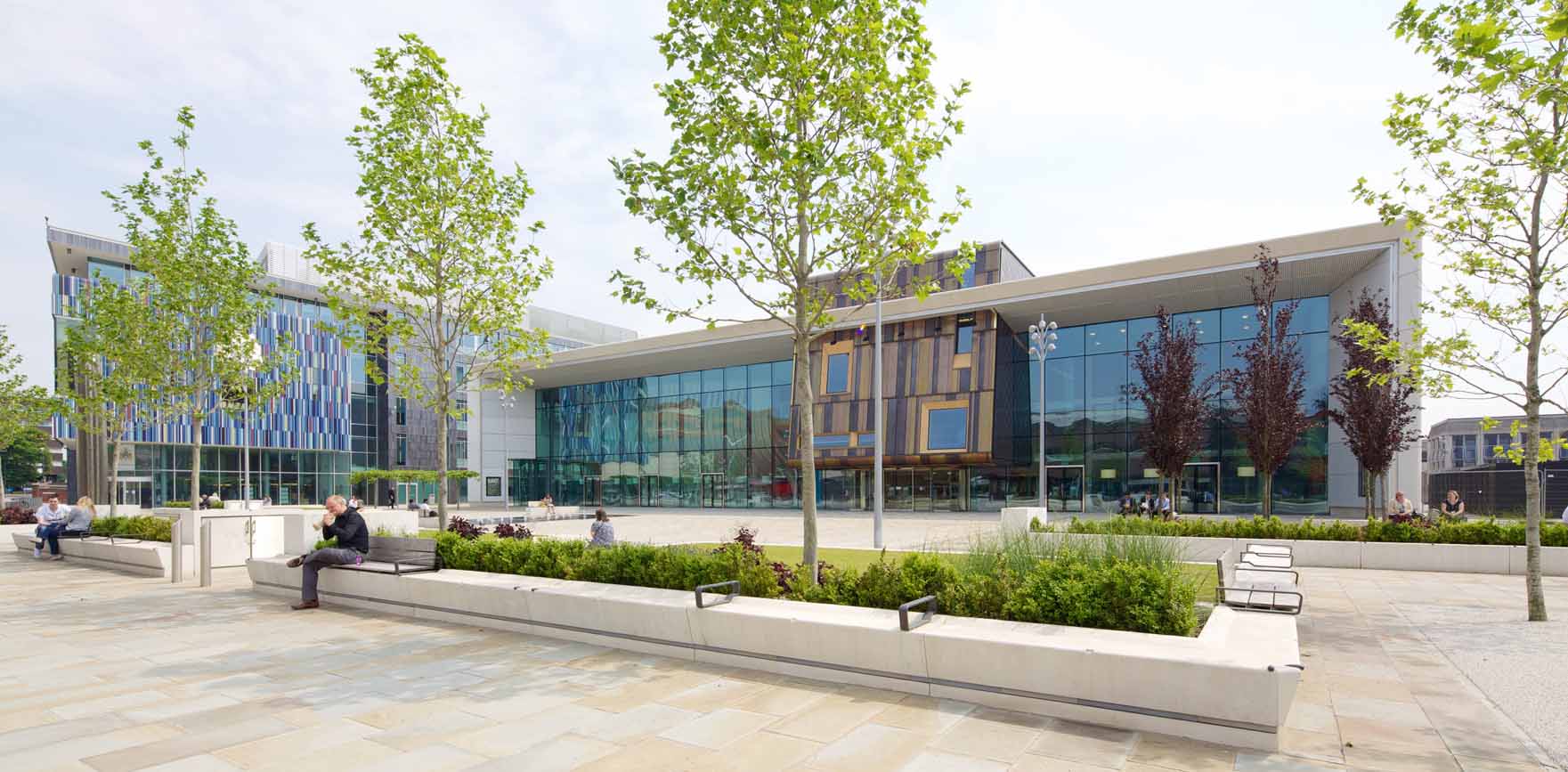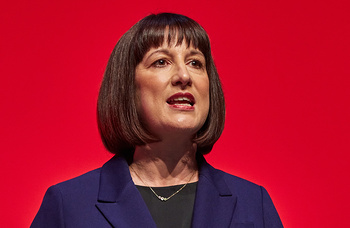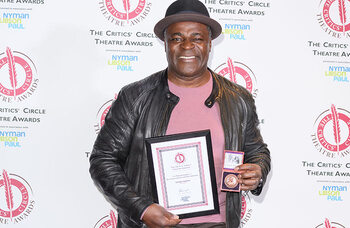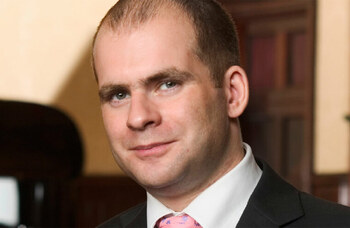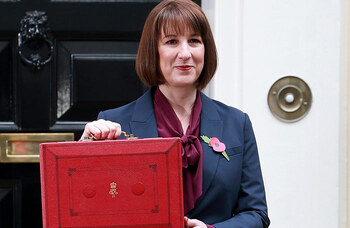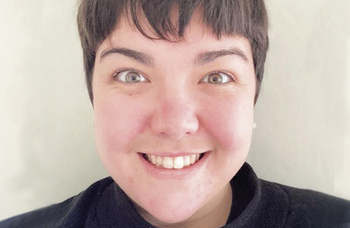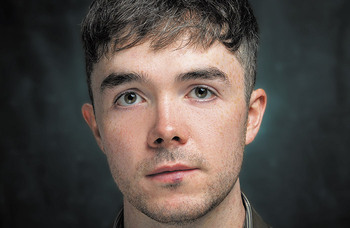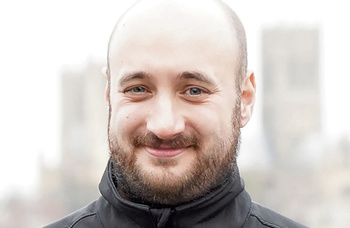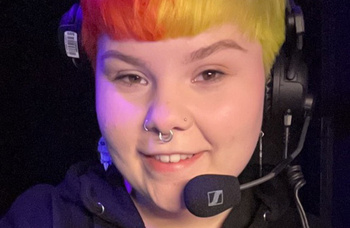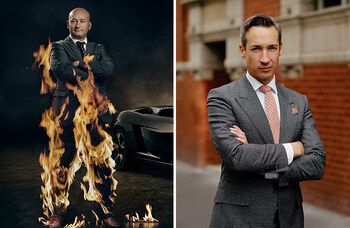Putting the Cast in Doncaster
The opening of the £22 million the Cast Theatre in Doncaster over the weekend just gone marks a triumph for municipal good sense and promise-keeping over the exigencies of financial uncertainty.
At a time when local authorities across the country are counting the pennies and looking for the next round of 10% government ordered savings by turning first to their cultural provision as the easiest option, Doncaster Metropolitan Borough Council, at least as cash-strapped as any other local authority and more than most, not only committed itself and its money to the idea, it has brought it to fruition at a time when their community really needs it and politicians are advising against what they see as reckless investments in the unknown of public taste.
And is if to underline that Cast is community theatre writ large, the opening production is The Glee Club about a miners’ amateur choir, written by local playwright Richard Cameron in 2002 but set in the 1960s and tackling tricky issues of the time such as homosexuality (still illegal then) among working people. The play was first produced not in Doncaster but at The Bush in London before transferring to the West End for a brief run, and although is reminiscent of Simon Beaufoy’s 1997 film The Full Monty – now a stage play which has just finished a national tour – and The Pitman Painters which Lee Hall wrote for the Live Theatre in Newcastle in 2007, this is a local piece which has already had national recognition.
The battle for Donnie’s theatre goes back decades, when the state of the old civic theatre first caused concern, the local authority then wanted to scrap it, while the community and its arts champions ran a spirited campaign to save it. The simple truth was that it simply wasn’t saveable, but the will to have a municipal theatre was established and acknowledged. There had been talk, all those years ago, about distant plans for an arts centre, but nothing was firm and few onlookers took it seriously.
Yet here it is. The old civic theatre has gone, finally closing in March this year, but Cast – a reference to the middle part of the town’s name and its industrial past as well as the obvious theatrical trope – opened on Friday. Designed by the experienced theatre designers RHWL, the 620-seat main auditorium is augmented by a 200-seater second theatre, a drama studio, a dance studio, a large foyer and a café/car, all the requirements of a modern venue.
Of the £22 million cost, £20 million has come from the town coffers (£2 million is Arts Council England Lottery money), and the theatre development is a central part of the £300 million redevelopment of the Waterdale area of Doncaster as a cultural quarter, and has been developed in the only way such things can be developed now, in partnership, this time with Doncaster College, the Doncaster voluntary arts sector and ACE.
At the same time, though, Doncaster council is in the middle of a major redundancy programme, trying to lose 300 jobs to help save £26 million by next April, having already lost 800 in 2012/13. It’s closing a children’s centre and is putting up fees for home care and elderly day care. Culturally, it has been nowhere: an ACE survey of cultural engagement in 354 areas in England, Doncaster came seventh from bottom.
But a pledge is a pledge.
Bob Johnson, the council cabinet member for regeneration, leisure and culture, admits it was a forlorn one that was made in the mid-1990s to create a new theatre in place of the old Civic.
“Like all these long term projects, when we set out on it the world was a different place. But it was a commitment, we set the money aside for it and we thought it was important to continue”. Already it is creating new jobs.
“It’s really important that people feel there’s a cultural life in a place, however hard life is” Cast’s artistic director Kully Thiarai said. “The arts can’t change the world in terms of fixing the lack of jobs or the economic woes of the country, but it can give people hope and opportunity and entertainment and a space to think about other ideas than just the daily grind.”
There’s nothing to add to that.
Opinion
Recommended for you
Advice
Recommended for you
Most Read
Across The Stage this weekYour subscription helps ensure our journalism can continue
Invest in The Stage today with a subscription starting at just £7.99
